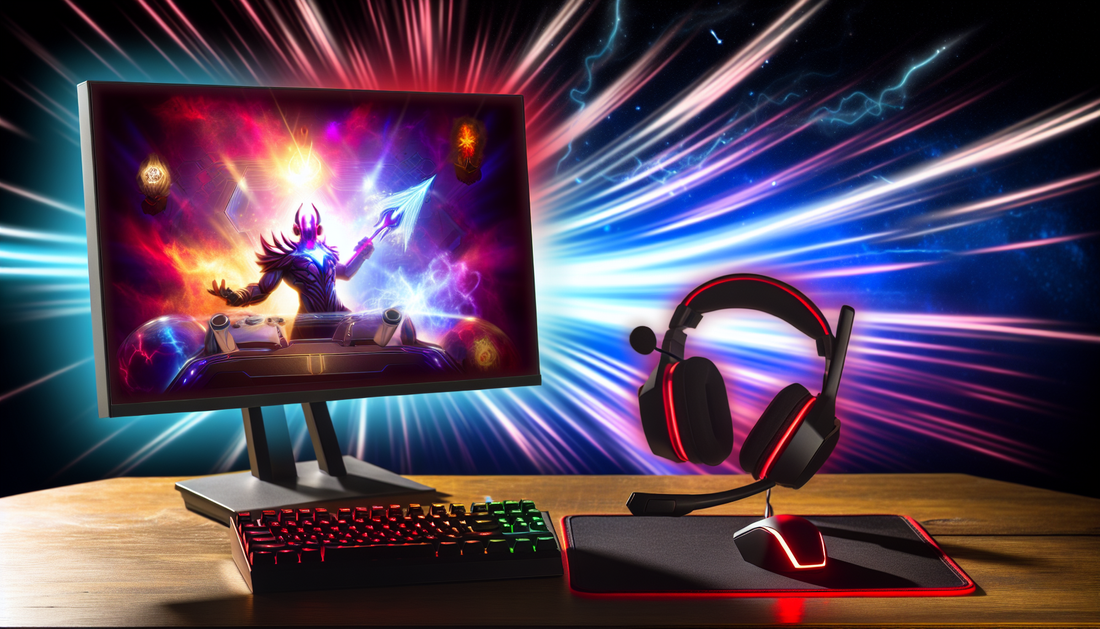
Decentralized Power: Governance in Gala Games
Share
Understanding Governance in Gala Games
Gala Games, a pioneer in the blockchain-based gaming industry, positions itself uniquely with its governing principles. The platform not only offers innovative play-to-earn experiences but also empowers its community through a decentralized governance model. This article delves into the core of Gala Games’ governance, detailing how it functions and the implications for ecosystem participants.
The Structure of Gala Games Governance
At the heart of Gala Games lies a decentralized autonomous organization (DAO) mechanism that allows players and node operators to have a significant say in the platform's development and decision-making processes. The governance is executed through distributed nodes, where each node owner has the potential to influence the future direction of the gaming projects within the Gala ecosystem.
Node Operators and Their Role
Node operators in the Gala Games network are individuals or entities that run a piece of software actively. These operators form the backbone of the ecosystem as they validate transactions, maintain the network's security, and contribute to decentralization. In return, they are rewarded with GALA tokens, the native currency of the platform.
Voting Power and Decision-Making
Every operator within the Gala network holds voting power proportional to their node holdings. This democratic process ensures that the community's voice is a guiding force for the platform's trajectory. Decisions regarding game development priorities, platform improvements, and economic policies are influenced by these votes.
Quadratic Voting
To enhance fairness within the decision-making process, Gala Games employs a quadratic voting system. This approach prevents the over-concentration of influence by large stakeholders, promoting a more egalitarian governance structure. Quadratic voting ensures that every vote counts but weighs lighter for those with disproportionate economic influence, balancing power across the community.
The Impact of Community Governance
The decentralized governance structure of Gala Games is pivotal to its strategy of community empowerment. By involving participants directly in governance, the platform not only fosters loyalty but also enhances innovation through diverse ideas and solutions contributed by its user base. This democratic engagement also reduces the risk of centralization and aligns the platform's trajectory with its players' and developers' interests.
Challenges and Considerations
While the decentralized governance model presents many advantages, it is not without challenges. Ensuring active participation and preventing governance fatigue among participants are ongoing concerns. Additionally, the complexity of blockchain technology can pose barriers to entry for new participants wishing to engage in governance processes.
Gala Games’ governance framework represents a fundamental shift toward decentralized control in the gaming industry, aligning with broader blockchain trends visible in other projects. Explore how other decentralized systems, such as [Decentralized Governance in Render Network Explained](https://bestdapps.com/Decentralized-Governance-in-Render-Network-Explained-June-12-2023), are also reshaping their respective domains to better understand this immense shift.
